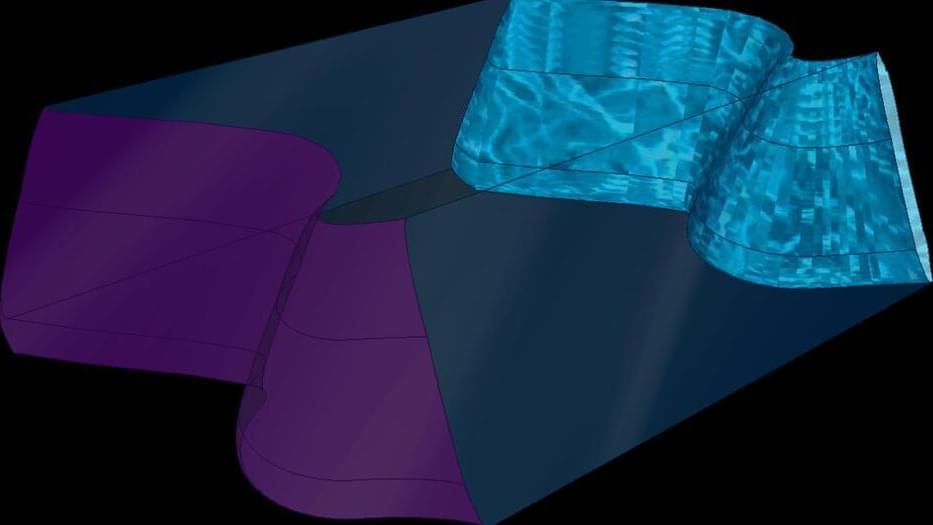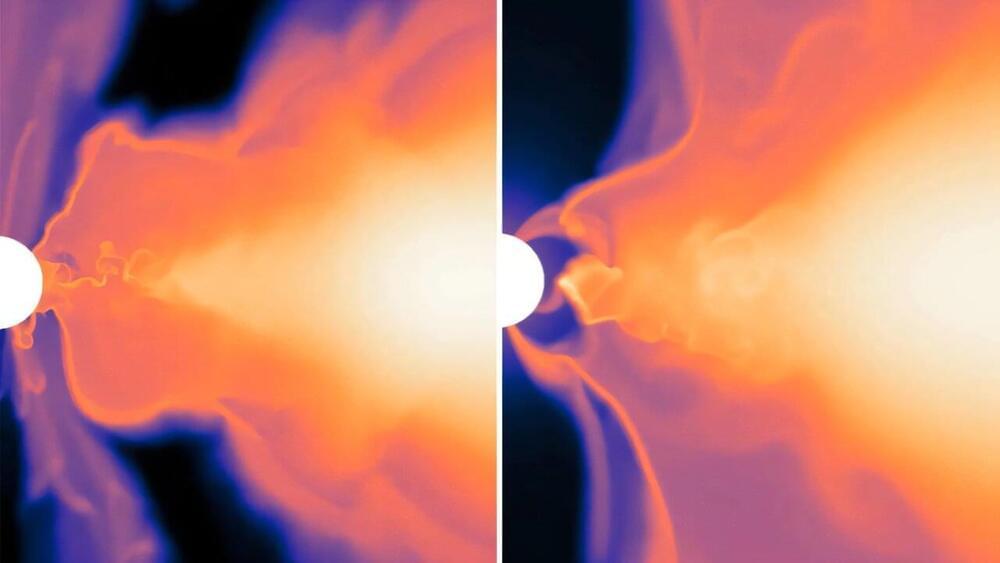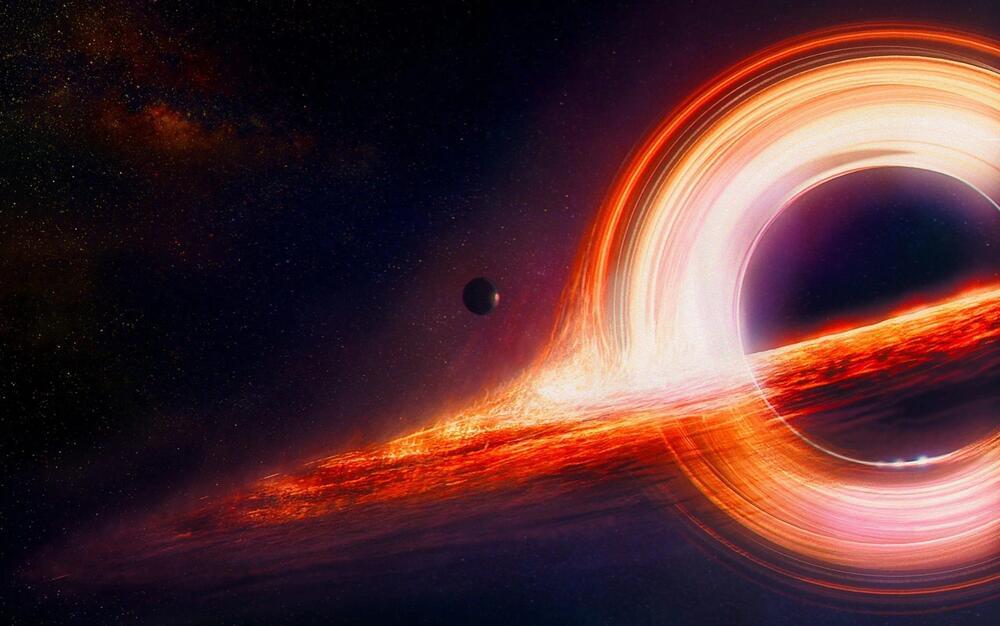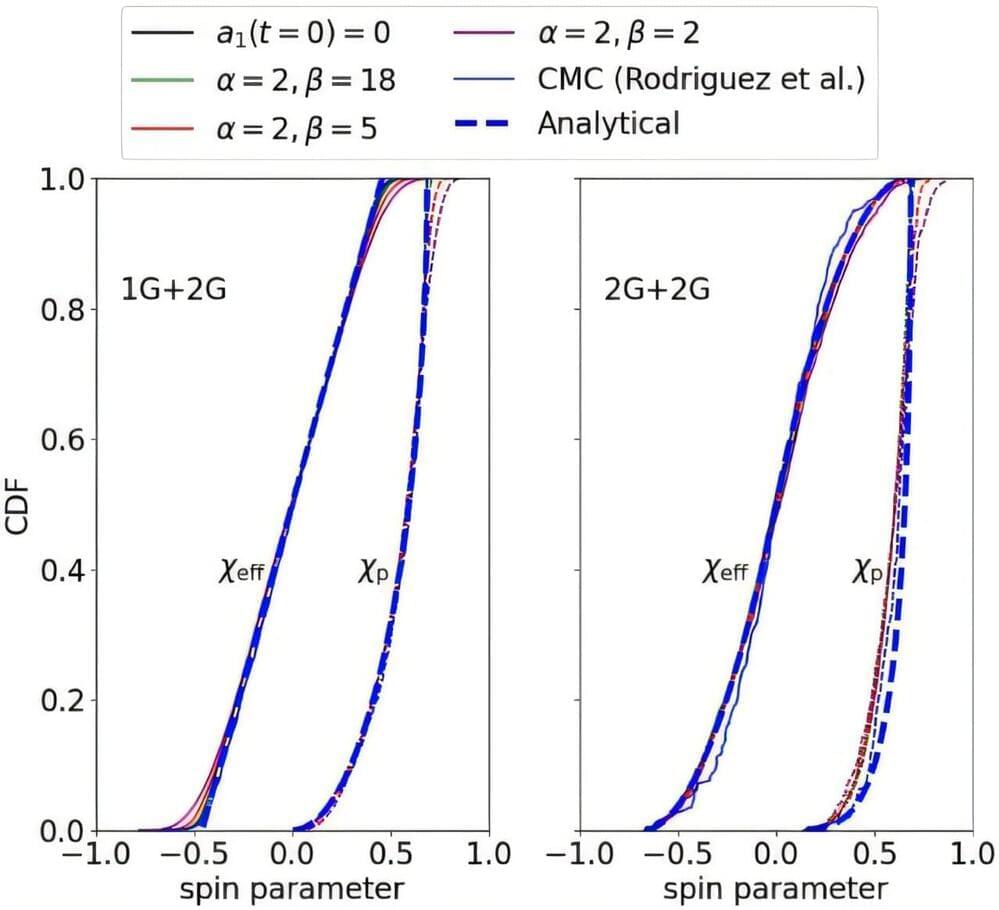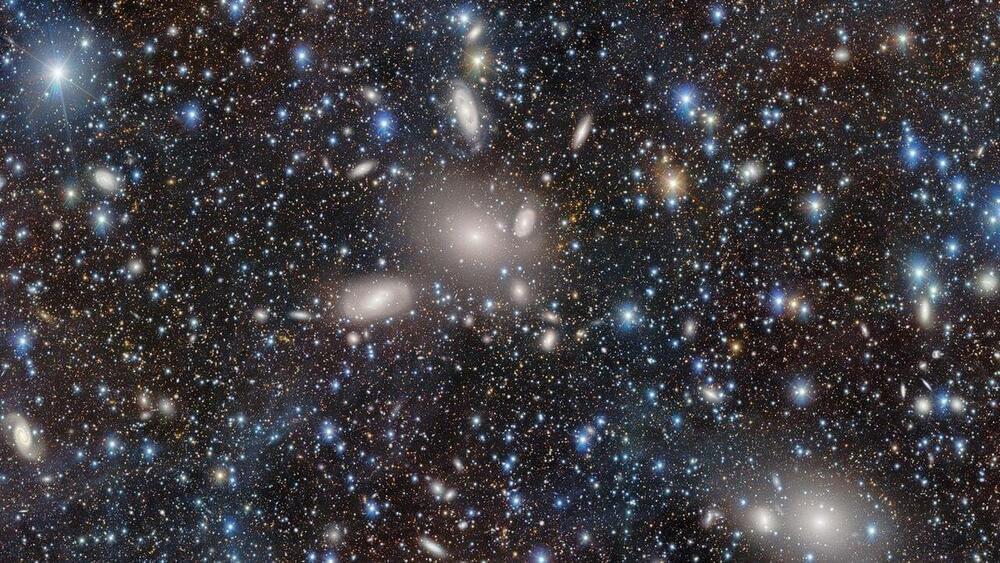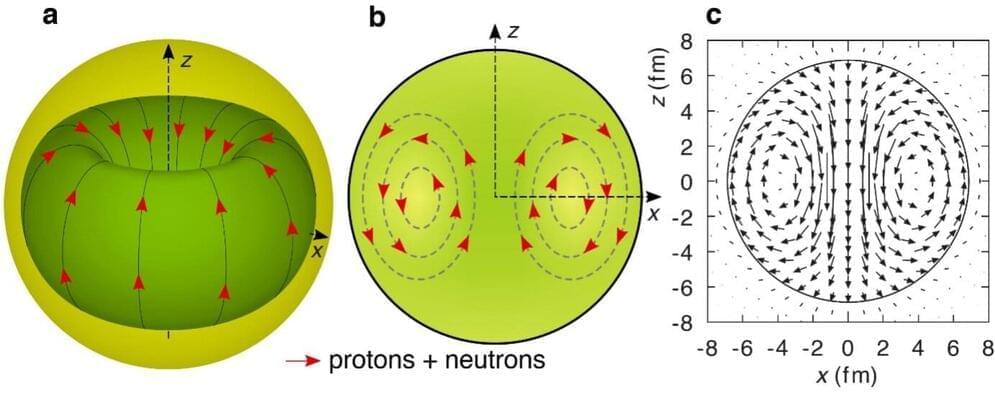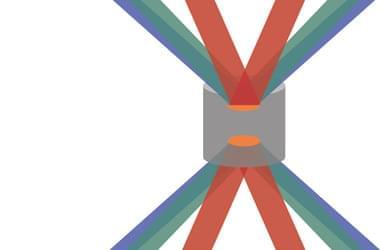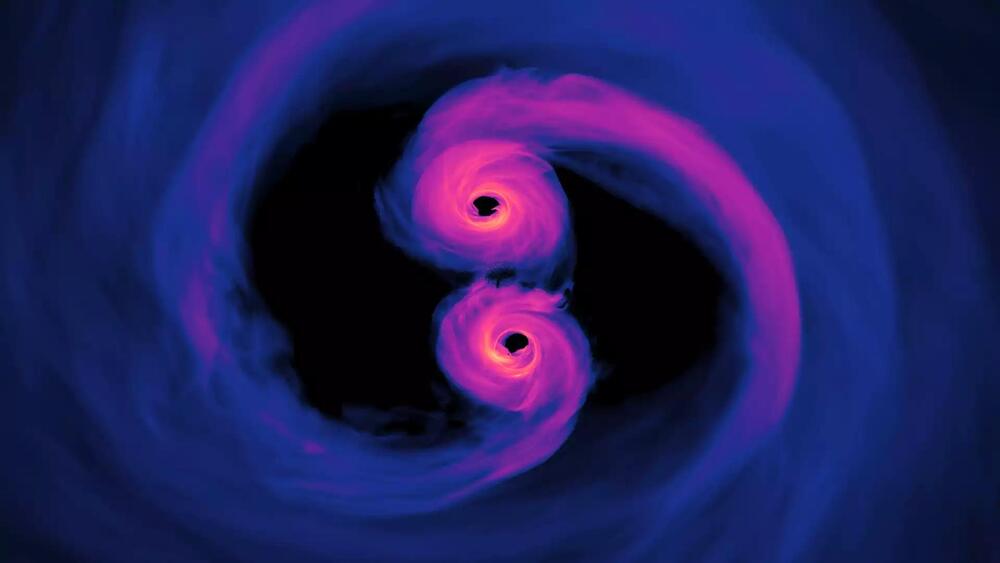Shooting a laser pulse at a porous silver target generates more intense x rays than previous targets, which will help studies of matter in extreme conditions.
Physicists rely on intense bursts of high-energy x rays to observe the progress of fusion experiments and to probe the dynamics of matter under conditions of extreme temperature and pressure. Current techniques for generating such bursts involve firing a laser pulse at a material target but typically turn only a small fraction of the laser energy into usable x rays, thereby limiting the burst energy and intensity. Now researchers have demonstrated a doubling of the efficiency by using a target made of a low-density metallic foam [1]. They expect that the new targets will lead to much brighter x-ray bursts capable of illuminating extreme physical processes under conditions that were previously inaccessible to x-ray observations.
When a powerful laser pulse strikes a foil of material such as silver, the laser strips away the electrons, leaving exposed the highly charged nuclei. Surrounding electrons then fall back into the lowest energy levels, creating high-energy x rays. However, most of the laser energy can be lost in the process, and the overall efficiency is very sensitive to the nature of the material target. Researchers have found, for example, that solid targets generally yield low efficiencies, as x rays emerge from only a small volume near the surface, while laser energy is otherwise consumed by stirring up plasma waves in the material. This low efficiency limits the x-ray intensity.
